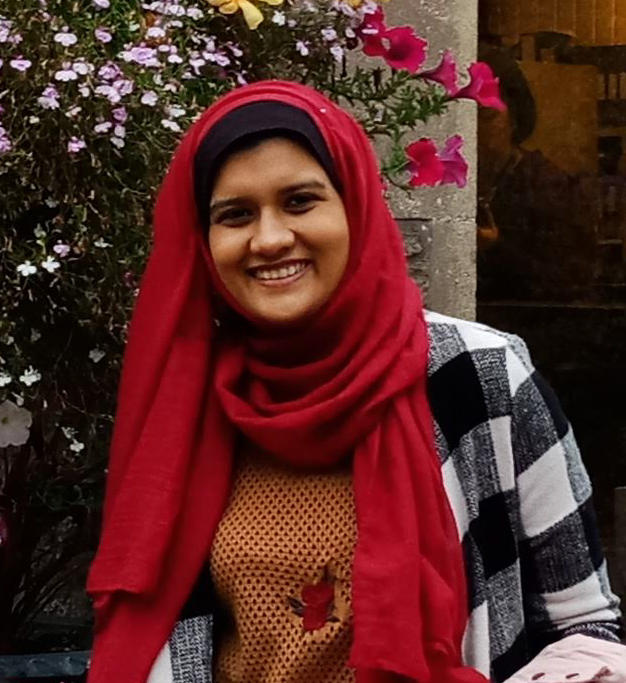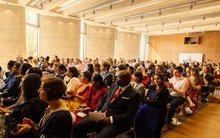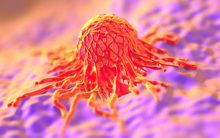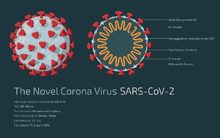In my experience, specialty doctors have been an obscure group for a long time with most people not having much of an idea about what they do, and how they fit into the pathology workforce.

Specialty doctors, senior trainees: similarities and differences
We are most often clubbed together with senior trainees and I have been referred to as a specialist registrar numerous times at work. While I don’t particularly mind being called a trainee and we do have much in common with them, there are many aspects of our job that are completely different from trainees.
To begin with, while trainees are of course in the process of getting their specialist medical qualification, some specialty doctors have already achieved this and are in fact Fellows of the College. Moreover, many are international medical graduates who are qualified pathologists in their home country with several years of experience working as consultant pathologists. Still, others are trained in the UK but choose a specialty doctor over a consultant position. So, we are an assorted group of people with varied backgrounds and experience levels unified under a common job title.
Similarly, although we all work under the same job title, we have very different experiences and responsibilities depending on where we work. Some of us work quite independently reporting and signing out a range of cases on our own, while others work much like trainees reporting under supervision of consultants and working towards achieving independent reporting. The level of responsibility you are given usually depends on your qualifications and experience.
We are an assorted group of people with varied backgrounds and experience levels unified under a common job title.
My experience working as a speciality doctor in pathology
My personal experience being a specialty doctor in histopathology at the Musgrove Park Hospital under Taunton and Somerset NHS Foundation Trust has been quite interesting and rewarding. I came to the UK a few years ago after finishing my training in India and after passing the FRCPath examinations. Although that makes me eligible to work as a locum consultant here, I chose to join as a specialty doctor to give myself time to slowly get used to the system and gain confidence with independent reporting.
My usual day comprises cut up and reporting of histology specimens. I work closely with consultants, and most cases that I report are under their supervision. I get to work with all the consultants reporting different histopathology specialties and therefore have exposure to a variety of cases. Additionally, I also report a limited number of cases independently.
Like many others, my aim now is to follow the CESR route to be able to gain entry on the specialist register and work as a substantive consultant. This has been uniquely challenging, especially in COVID times. With the social distancing rules in practice, attachments in different specialties (like neuropathology, paediatric pathology and molecular pathology) have been on hold for about a year now. These attachments form an important part of a successful CESR application and applying without these is not recommended. It has been a long and frustrating time waiting for things to turn back to normal so these attachments could start again. Meanwhile, this extra time has helped me to concentrate on other parts of the application.
I get to work with all the consultants reporting different histopathology specialties and therefore have exposure to a variety of cases.
Overall, working as a specialty doctor in histopathology could mean many different things. For me, it has been an important steppingstone to a consultant role. For others it is a satisfying and rewarding job on its own. Despite the differences, we are unified by the belief that we form an important part of the workforce, whichever path we choose to follow in the future.







